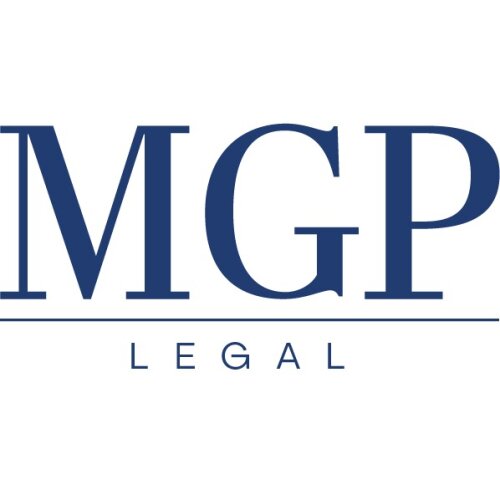Best Child Abuse Lawyers in Florence
Share your needs with us, get contacted by law firms.
Free. Takes 2 min.
Free Guide to Hiring a Family Lawyer
List of the best lawyers in Florence, Italy
About Child Abuse Law in Florence, Italy
Child abuse refers to any form of physical, emotional, or sexual mistreatment or neglect of children. In Florence, Italy, child abuse is taken very seriously, and various laws and regulations are in place to protect the welfare and rights of children. These laws aim to prevent, investigate, and punish those responsible for child abuse.
Why You May Need a Lawyer
Seeking legal advice is crucial in situations involving child abuse to ensure the protection and well-being of the child. You may require a lawyer in the following common situations:
- Reporting suspected child abuse to the appropriate authorities
- Seeking custody or guardianship of a child who has been abused
- Representing a child as a victim of abuse in legal proceedings
- Defending yourself against false accusations of child abuse
- Obtaining a restraining order or other legal protections for the child
Local Laws Overview
Key aspects of local laws relevant to child abuse in Florence, Italy include:
- Penal Code: The Italian Penal Code criminalizes various forms of child abuse, including physical, sexual, and emotional abuse.
- Law on Child Protection: This law focuses on the protection of children's physical and psychological integrity, setting forth measures for the prevention, identification, and removal of children from abusive environments.
- Domestic Violence Law: Domestic violence, including violence against children, is prohibited by law, and it allows for protection orders and measures to be taken in cases of abuse.
Frequently Asked Questions
Q: What steps should I take if I suspect child abuse?
If you suspect child abuse, report your concerns to the local police or the competent local Child Protection Services immediately. They will guide you through the necessary steps.
Q: Who can report child abuse?
Any person who suspects child abuse, including professionals who work closely with children, such as teachers, healthcare providers, or social workers, can and should report their suspicions.
Q: What happens after I report child abuse?
Once a report is made, the appropriate authorities will initiate an investigation to determine the validity of the allegations. The child may be interviewed, and further action, such as removal from the abusive environment, may be taken if necessary.
Q: Are there legal consequences for child abuse in Florence, Italy?
Yes, child abuse is a criminal offense in Florence, Italy. Individuals found guilty of child abuse may face imprisonment, fines, or other penalties depending on the severity of the abuse.
Q: Can I remain anonymous when reporting child abuse?
While it is possible to report child abuse anonymously, providing your identity could significantly contribute to the investigation process. However, the authorities will respect your privacy and ensure your safety to the best of their ability.
Additional Resources
If you are seeking legal advice or support regarding child abuse in Florence, Italy, the following resources may be helpful:
- The Child Protection Services in Florence: Contact them for assistance, guidance, or to report child abuse.
- Local Family Welfare Associations: These organizations offer support and resources for families and children affected by abuse.
- Legal Aid Organizations: Seek assistance from legal aid organizations that specialize in child abuse cases.
Next Steps
If you suspect child abuse or require legal assistance in a child abuse case in Florence, Italy, it is essential to consult with a qualified attorney who specializes in child protection and abuse cases. They will guide you through the legal process and help ensure the best interests of the child are upheld.
Lawzana helps you find the best lawyers and law firms in Florence through a curated and pre-screened list of qualified legal professionals. Our platform offers rankings and detailed profiles of attorneys and law firms, allowing you to compare based on practice areas, including Child Abuse, experience, and client feedback.
Each profile includes a description of the firm's areas of practice, client reviews, team members and partners, year of establishment, spoken languages, office locations, contact information, social media presence, and any published articles or resources. Most firms on our platform speak English and are experienced in both local and international legal matters.
Get a quote from top-rated law firms in Florence, Italy — quickly, securely, and without unnecessary hassle.
Disclaimer:
The information provided on this page is for general informational purposes only and does not constitute legal advice. While we strive to ensure the accuracy and relevance of the content, legal information may change over time, and interpretations of the law can vary. You should always consult with a qualified legal professional for advice specific to your situation.
We disclaim all liability for actions taken or not taken based on the content of this page. If you believe any information is incorrect or outdated, please contact us, and we will review and update it where appropriate.










